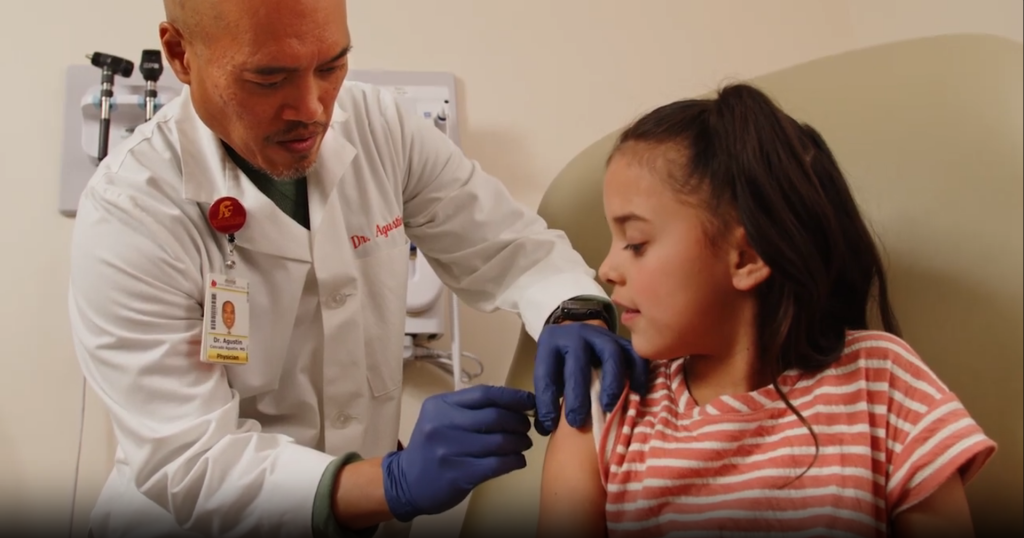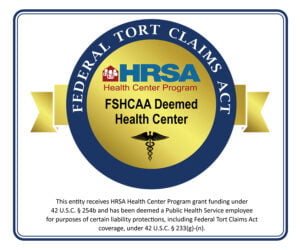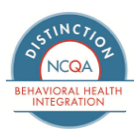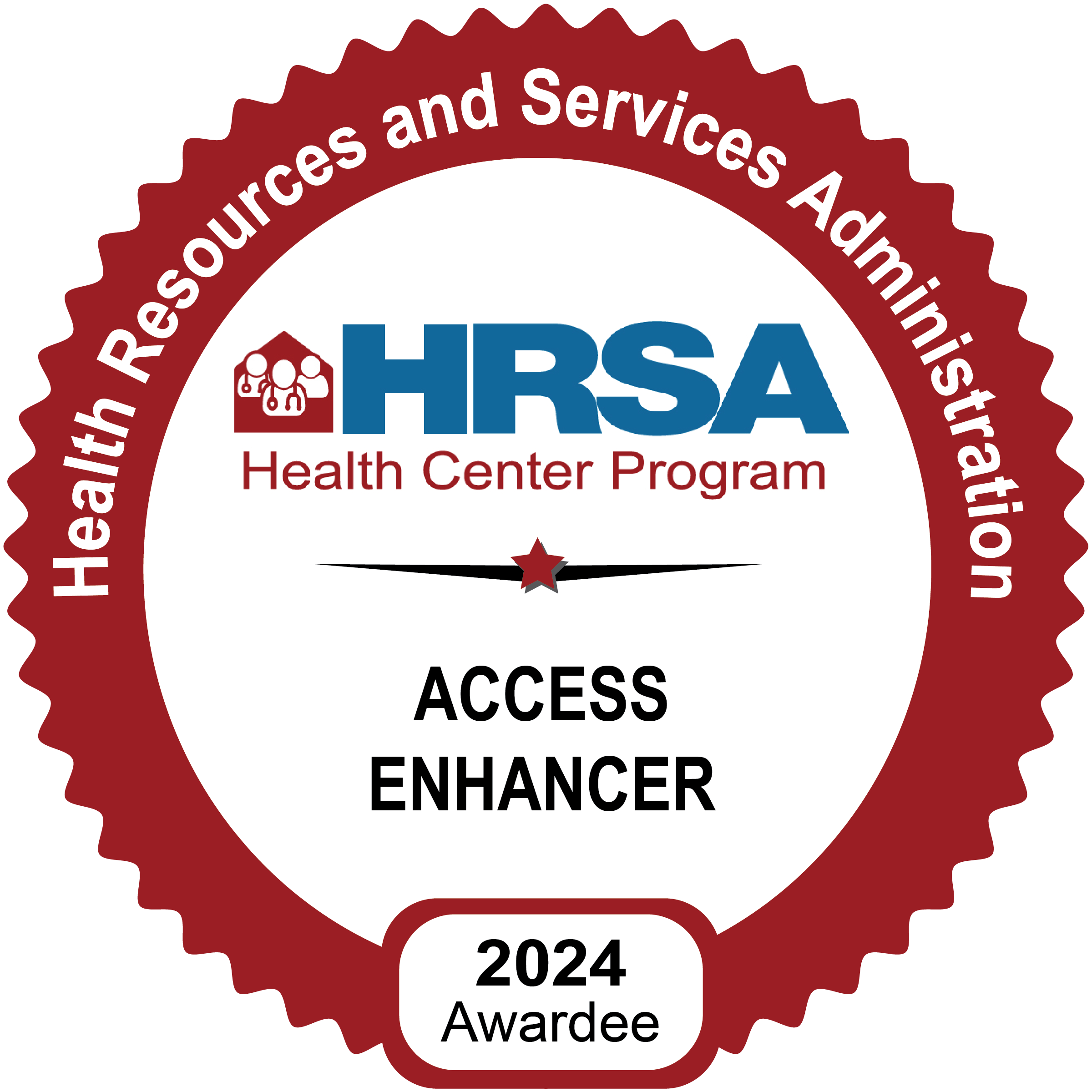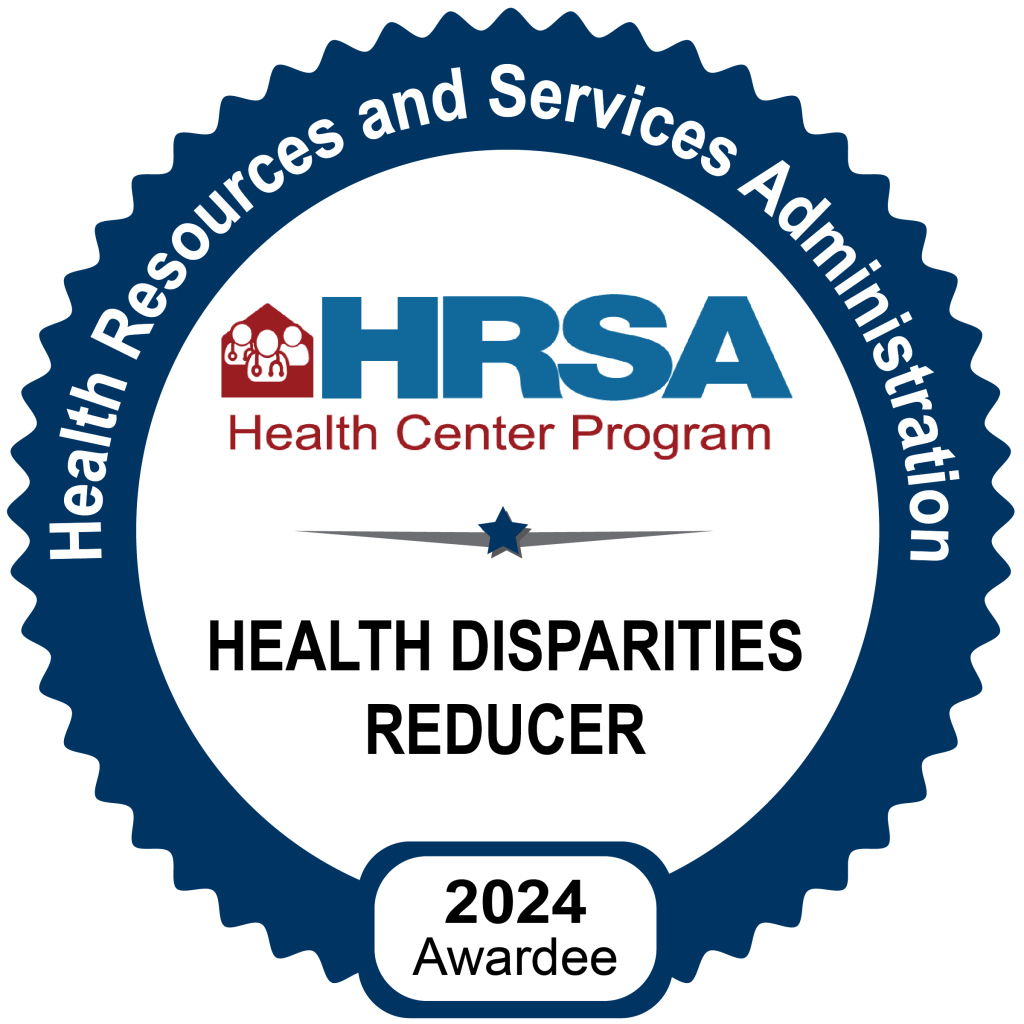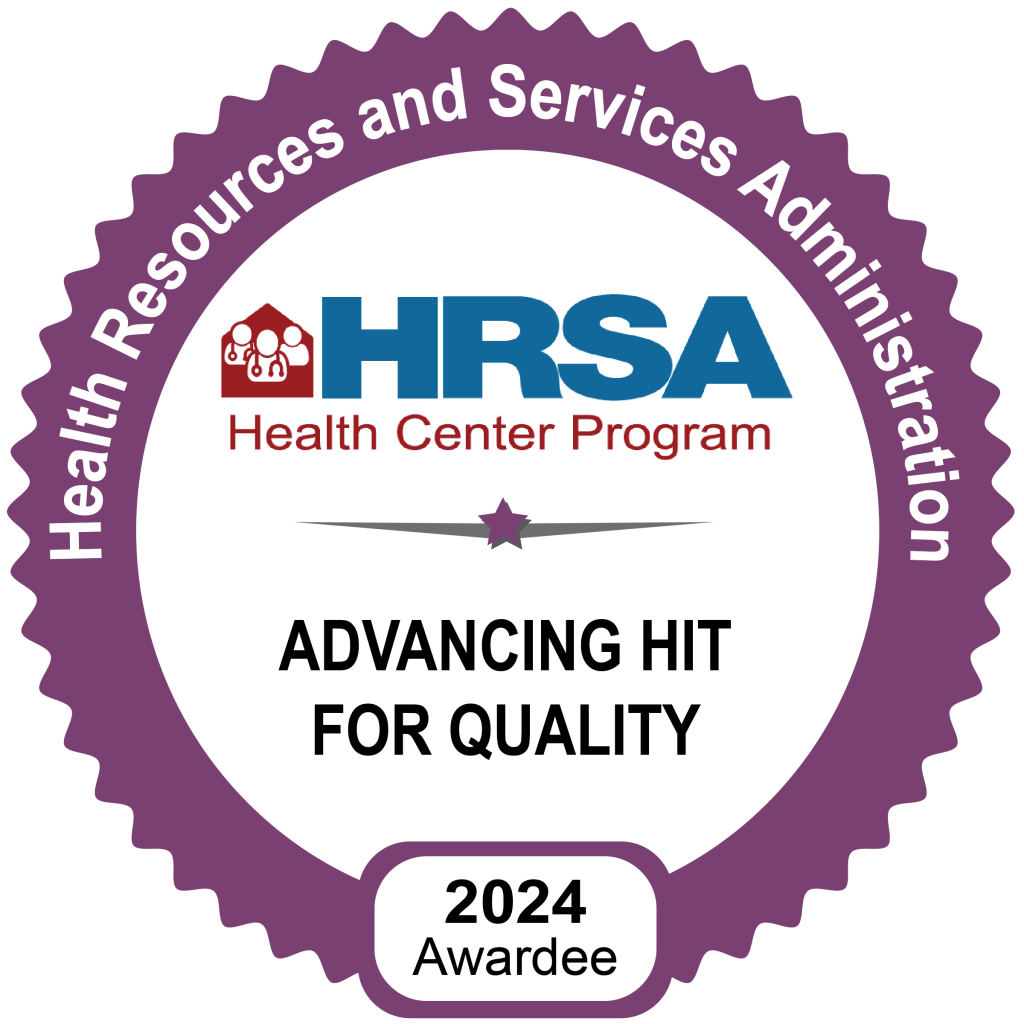Childhood Vaccination Debate in Kansas
The requirement for childhood vaccinations in Kansas is now up in the air. Vaccination has been a cornerstone of modern public health, significantly reducing the incidence of infectious diseases and saving countless lives. Recent attempts in Kansas to change public health laws, such as House Bill 2390, have raised concerns among healthcare professionals about the potential negative impacts on childhood vaccination rates. In this blog, we explore the importance of vaccinating children, the dangers of weakened vaccination laws, and share insights from Hunter Health Pediatrician Dr. Conrad Agustin.
The Role of Vaccines in Protecting Children
Childhood vaccinations are critical in controlling and eliminating many infectious diseases, such as measles, mumps, and polio. By vaccinating children, we can protect them from these potentially life-threatening diseases and reduce the spread of infections within our communities. According to Dr. Agustin, “the number of cases of most vaccine preventable diseases in the United States declined by more than 90% after routine childhood immunizations were introduced.” However, failure to vaccinate children can lead to outbreaks of vaccine-preventable diseases, putting vulnerable populations, such as infants and immunocompromised individuals, at risk. And an increase in anti-vaccination sentiments has already led to an increase in many preventable diseases.
The Dangers of Weakening Vaccination Laws
House Bill 2390 would have weakened vaccination laws in Kansas, potentially reducing vaccination rates among children. This bill would have banned the Kansas Department of Health and Environment from requiring COVID-19 shots for children in schools or childcare, as well as expanded religious exemptions for all child wellness vaccines to include nonreligious beliefs. These changes could result in lower vaccination rates, leading to outbreaks of infectious diseases and Dr. Agustin highlights that “vaccine preventable diseases unnecessarily consume public health resources.”
Addressing Vaccine Hesitancy
One of the significant challenges in maintaining high childhood vaccination rates is addressing where much of this debate stems from – vaccine hesitancy. Dr. Agustin explains that “vaccine hesitancy moved to the forefront following an alleged association between the MMR immunization and the development of autism. There is no evidence of a causal relationship between any vaccination (MMR) and an autism spectrum disorder.” By debunking myths and providing accurate information, healthcare providers can help parents make informed decisions about vaccinating their children and alleviate concerns.
Importance of Parental Involvement
Parents play a crucial role in ensuring their children receive the recommended vaccinations. By educating themselves about the benefits of vaccines and the risks associated with not vaccinating, parents can make informed decisions to protect their children and their communities. Healthcare providers like Hunter Health are here to answer your questions about childhood vaccinations. Our team – including a pediatrician, family physicians, and nurse practitioners, can serve as valuable resources for parents seeking information about vaccines. For more information on childhood vaccinations, check out this video below and give us a call at 316-262-2415.
Childhood Vaccinations are essential for maintaining public health and protecting our communities from the spread of infectious diseases. As demonstrated by the recent legislative attempts in Kansas, it is crucial that healthcare professionals and parents work together to advocate the importance of childhood vaccinations and address vaccine hesitancy to protect our communities.


